Examples of Global Flagship Programmes on Inclusive and Sustainable Commercial Agriculture
In most developing countries, the agricultural sector is critical to drive both economic growth and human development outcomes for rapid poverty reduction.
We acknowledge this dual role in its Single Departmental Plan where agriculture is set out to deliver against both the strategic objectives to eradicate extreme poverty and to maximise global prosperity. We therefore balance the support it gives to different types of agricultural investments.
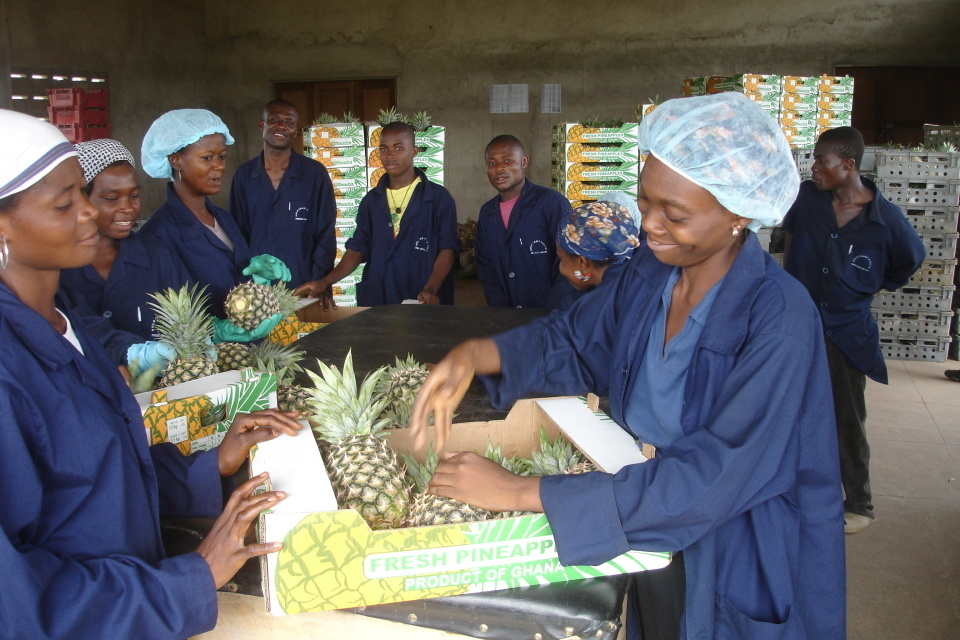
Workers packing pineapples for export
Our approach to agriculture is set out in DFID’s Economic Development Strategy 2017, with sector specific detail provided in DFID’s Conceptual Framework on Agriculture 2015. A 2 slide is available here. Below is a summary of key centrally managed agriculture programmes with links to detailed reports and supplier web-sites providing further information. We have also conducted a review of its commercial agriculture programmes. This is the first in a series of portfolio reviews to be undertaken in the coming years.
Adaptation for Smallholder Agriculture Programme: £150 million over 10 years
ASAP is a multi-donor programme which aims to help over 6 million smallholder farmers in up to 42 countries adapt to the impacts of climate change by promoting and supporting the use of various climate smart agriculture approaches which may include scaling up use of water-harvesting and storage systems, flood protection and irrigation systems, and agroforestry and conservation agriculture approaches.
ASAP works primarily with governments to deliver policies and programmes promoting growth-enhancing and poverty-alleviating climate resilient agriculture. ASAP is also developing work with the private sector to strengthen farmers’ access to markets, information (such as weather forecasts) and services.
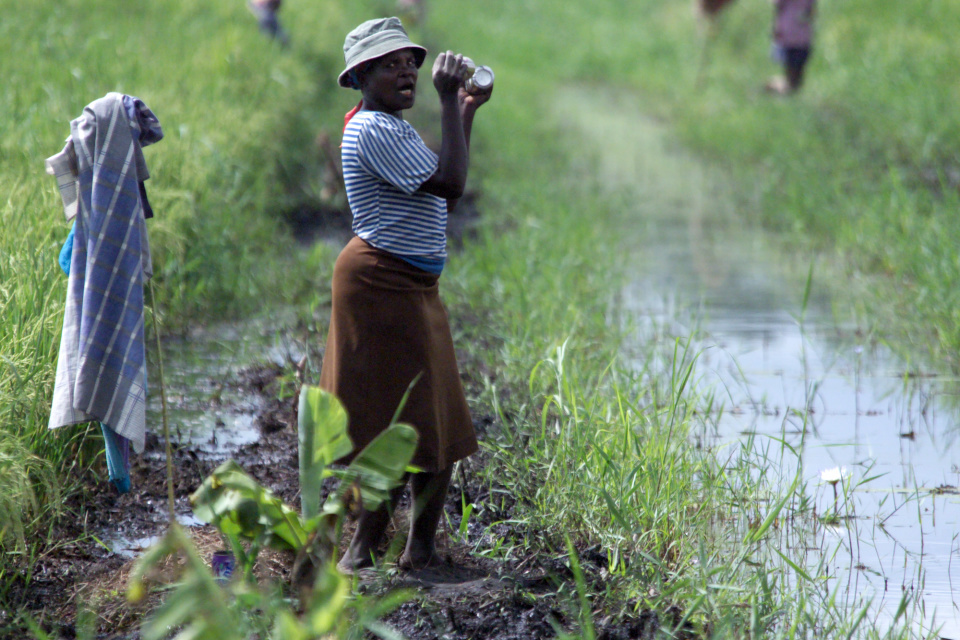
Bird scaring over a rice field, Mozambique
Africa Enterprise Challenge Fund (AECF): £26.2 million over 15 years
The AECF is a multi-donor competitive mechanism allocating grants and zero interest loans of between US$ 250,000 and US $1.5 million to small and medium businesses able to demonstrate innovations which can impact positively on the rural poor in sub-Saharan Africa. Agriculture and agri-businesses constitute around 57% of AECF’s portfolio value.
The AECF has invested US$183m in 189 agri-businesses working across 40 value chains, investment which has leveraged US$342m in matching capital sourced by the investees receiving AECF support.
- Africa Enterprise Challenge Fund on DevTracker
- aecf site
- Case study: how commercial avocado growing can improve the lives and livelihoods of Tanzanian smallholder farmers
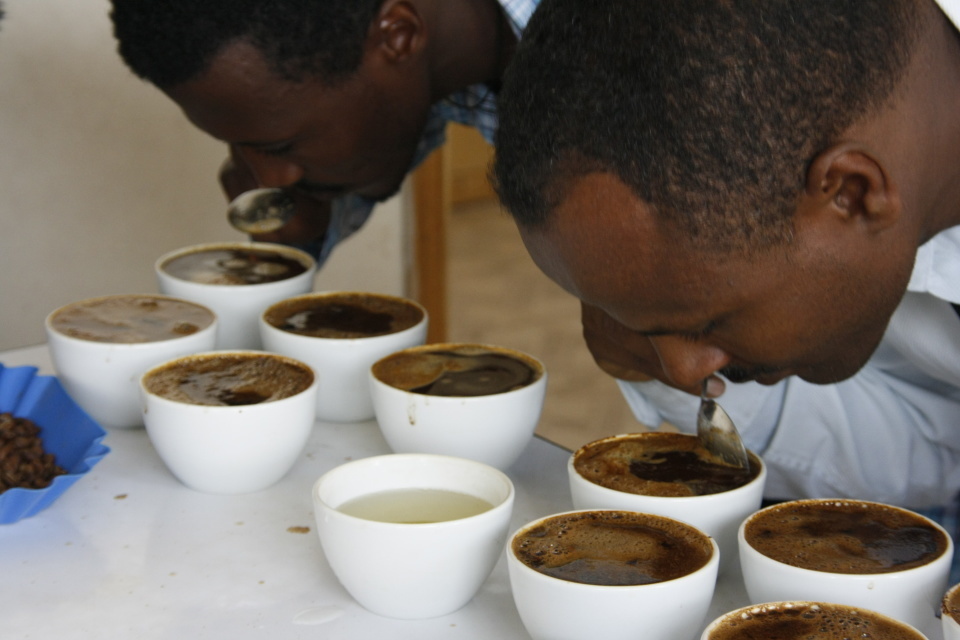
Aroma - Ethiopia commodities market
Commercial Agriculture for Smallholders and Agri-business (CASA): £29.9 million over 6 years
CASA entered inception phase in 2017/18 and aims to increase investment in agribusinesses which trade with smallholders and to increase the smallholder engagement and benefits from agribusiness investments. The programme seeks to increase household incomes of smallholders by over 30%, directly targeting 130,000 farmers and indirectly many more, as well as to increase the pipeline of deals for impact investors and later stage investors such as CDC.
- Commercial Agriculture for Smallholders and Agri-business on DevTracker
- Supplier Site link: under procurement at mid-2018
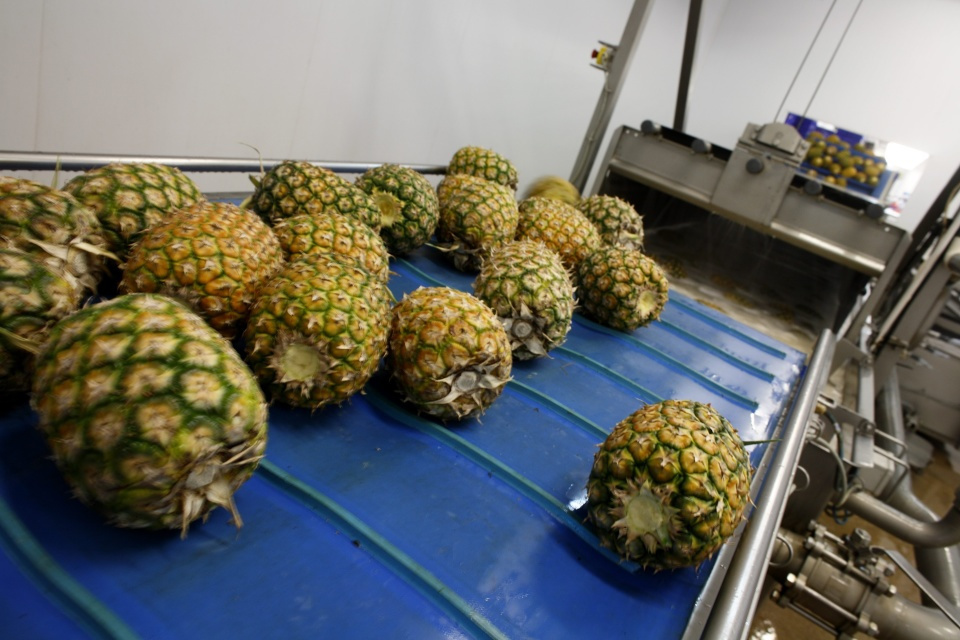
Cleaning pineapples at Blue Skies factory, Ghana
Global Agriculture and Food Security Programme (GAFSP): £136 million over 6 years
GAFSP is a multi-donor programme operating in over 30 countries with a total fund size of over $1.5 billion. It aims to improve the income and food security of poor people in developing countries. It works by supporting more and better public and private sector investment in the agriculture and rural sectors, with the majority of funds focused in African countries. By 2018, GAFSP had supported over 9 million people with an average income gain of 22% being shown by projects conducting experimental impact evaluation.
- Global Agriculture and Food Security Programme on DevTracker
- gafsp site
- Case study: investing in the business of nutrition
- Global Agriculture and Food Security Programme 2017 Annual Report
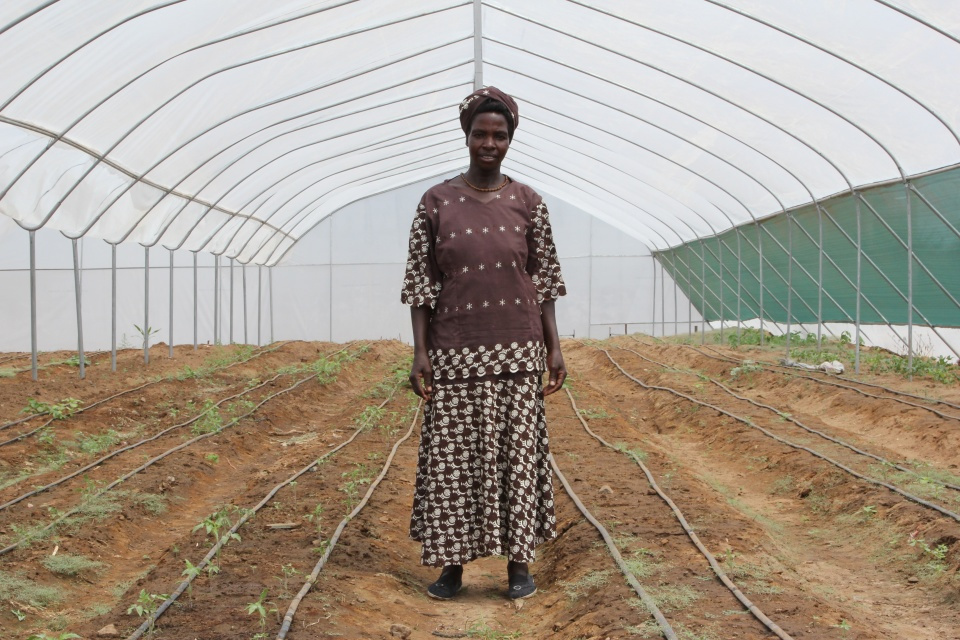
A woman pictured in a greenhouse, Turkana, northern Kenya
Integrated Food Security Phase Classification (IPC): £3.8 million over 5 years
The IPC programme has enabled the development and roll-out of a set of standard tools and procedures which provide information on the food security situation within a certain geography, allowing decision-makers to understand the severity of food insecurity, the worst affected areas, populations, and population numbers within these area. This information is critical for informing effective, targeted and co-ordinated responses to food insecurity.
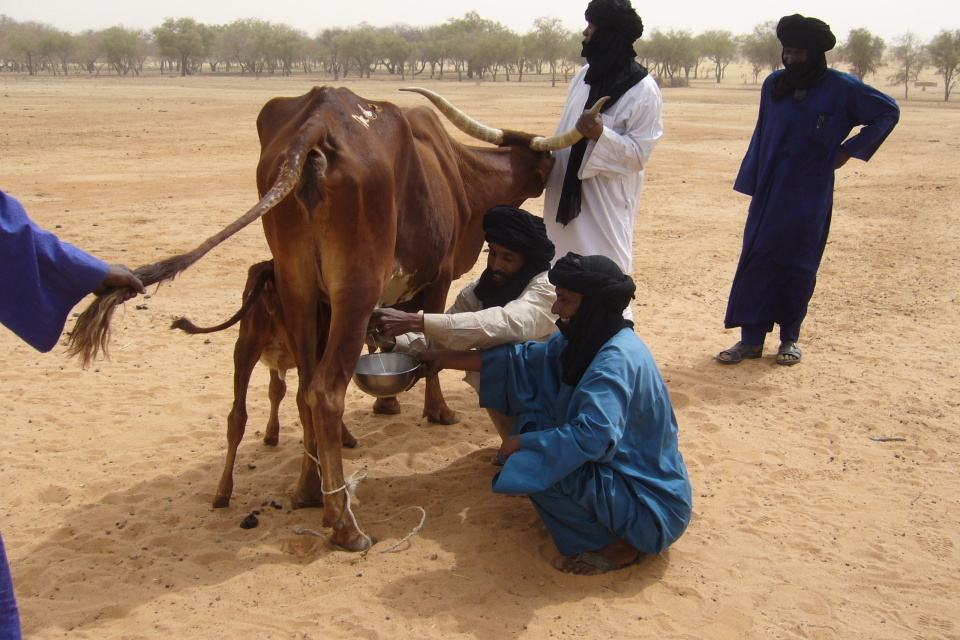
Niger 2008: Milking a DFID cow
Land Governance for Economic Development (LEGEND): £38 million over 7 years
Effective land governance systems are an essential element in delivering inclusive and sustainable economic growth in developing countries. LEGEND supports local, national, and global initiatives to promote responsible land-based investments; strengthen tenure security of poor men and women, and improve the evidence, transparency, and accountability on land governance. The programme works with multi-laterals, global and local companies, civil society, and think-tanks.